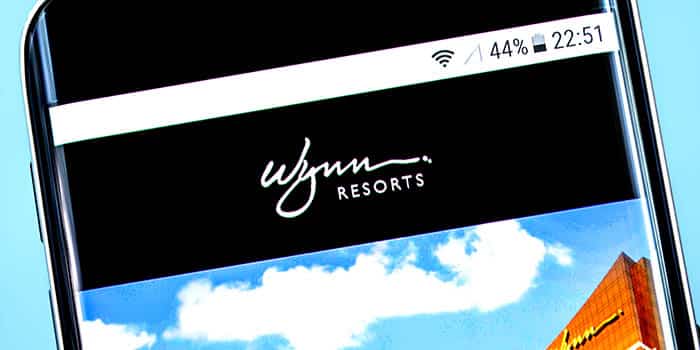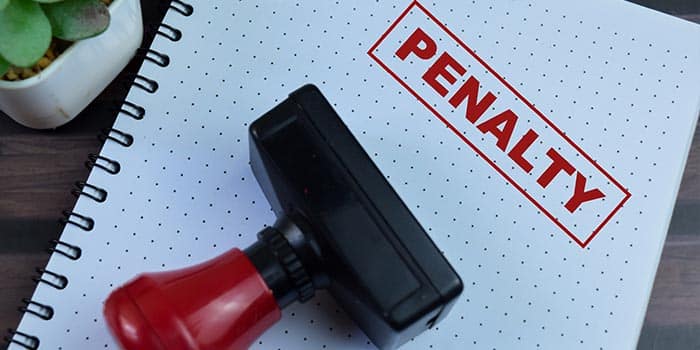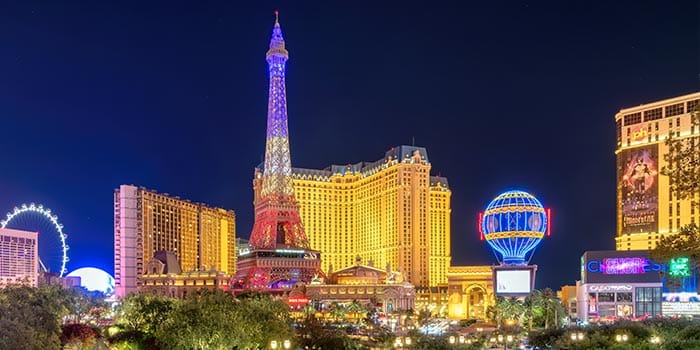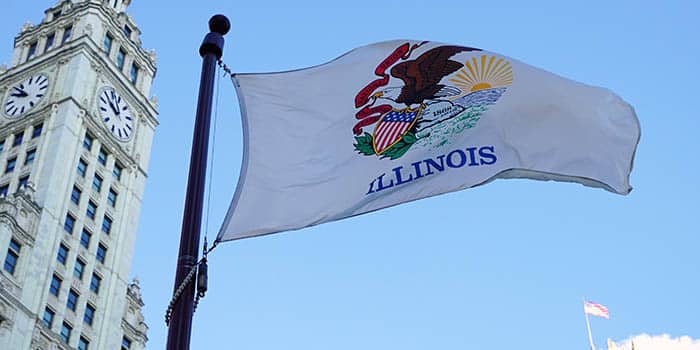- Casino
- By State
- Alabama
- Alaska
- Arizona
- Arkansas
- California
- Colorado
- Connecticut
- Delaware
- Georgia
- Florida
- Hawaii
- Idaho
- Illinois
- Indiana
- Iowa
- Kansas
- Kentucky
- Louisiana
- Maine
- Massachusetts
- Maryland
- Michigan
- Minnesota
- Mississippi
- Missouri
- Montana
- Nebraska
- Nevada
- New Hampshire
- New Jersey
- New Mexico
- New York
- North Carolina
- North Dakota
- Ohio
- Oklahoma
- Oregon
- Pennsylvania
- Rhode Island
- South Carolina
- South Dakota
- Tennessee
- Texas
- Utah
- Vermont
- Virginia
- Washington
- West Virginia
- Wisconsin
- Wyoming
- By State
- Slots
- Poker
- Sports
- Esports
Judge Rules Atlantic City Casinos Cut Too Much Slack

Casinos in Atlantic City haven’t been able to catch a proper tax break lately. According to them, without a bill known as PILOT, four out of the remaining nine local casinos are at risk of closing down according to New Jersey Senate President Stephen Sweeney. Which casinos exactly, Sweeney has chosen not to mention. But a second court ruling on the amended PILOT bill now states that the new law violates an almost-five-year-old arrangement between the casinos and the county, and is also unfair to county residents.
New Jersey Superior Court Judge Michael Blee is the second member of the judiciary to confirm that PILOT violates a consent order from 2018, thus making it practically illegal in its current state. The amended PILOT initiative essentially removes igaming and interactive gambling revenue from how the tax revenue owed by casinos is formed, which a lower court already found to be at odds with existing regulation.
Blee’s ruling only reaffirms a sentiment that the amendment, signed into law by NJ Gov. Phil Murphy, gives casinos tax breaks that hurt the taxpayer. The struggle between reviving an industry that was hit hard by the COVID-19 pandemic, attracting fresh money, and keeping taxes fair, has always been a real headache. Now it seems that it could turn into a full-blown migraine when it comes to the gambling industry in AC.
How the PILOT Issue Simmered for Years
Back in 2014, four casinos closed down, followed by another one in 2016, prompting the local gambling business to push for change. New Jersey discussed a fresh PILOT program back in November 2021, seeking to alleviate the financial struggles of gaming properties. A change in property tax breaks seemed like the best way to go. Soon after passing S4007/A5587, Atlantic County filed a lawsuit against the state of New Jersey.
The updated bill was trying to exempt online gaming and online sports betting revenue from the PILOT calculation. Just a reminder, the PILOT arrangement was about property tax breaks, and with these new changes, businesses are trying to make it into a COVID-19-related aid program, which those against it argue it should not be.
What Will Come Next for PILOT and Casinos
Yes, the pandemic hit businesses that relied on tourism and human interaction the hardest. Yes, tax breaks were an answer. No, the help should not come at the expense of regular taxpayers, though.
On the one hand, you have the casinos. They are starting to recover through increased revenue, especially in sports betting and online gaming, and state that even with that they might have to close down without the help of further PILOT updates.
On the other, you have the law. In its current form and PILOT, which stands on shaky legal grounds. Yes, “gaming” is not strictly defined in the bill but that works both ways. In the end, it really is all about getting to a sustainable and fair business environment. However, if businesses are sucking dry the ground from underneath their feet, that is not likely to happen. What is likely, though, is the county seeking millions in damages to recover potential losses from the new law.
Related Topics:
Mike made his mark on the industry at a young age, consulting for companies that would later become regulators. As one of the lead editor of Gambling News, he dedicates his weekdays to this project, aiming to educate the masses on the latest developments in the gambling circuit. His expertise and passion for the industry make him an invaluable asset to our team.
Must Read
Casino
June 24, 2025
NZ Opens Door to Regulated Online Casino Market
More Articles







Casino
June 30, 2025
Vietnam Greenlights $2B Van Don Casino Resort

Casino
June 30, 2025
BC.Game Player Turns $20 Bet into $100K+ Payout

Casino
June 30, 2025
Hard Rock Executive Under Fire Due to Alleged Misdeeds

Casino
June 30, 2025
Wynn COO Vows Change Amid Ongoing Regulatory Pressure

Casino
June 30, 2025
DIMOCO Enters Germany iGaming Market with Neo.Bet

Casino
June 30, 2025
Man Admits to Laundering Cocaine Money Through Casinos











